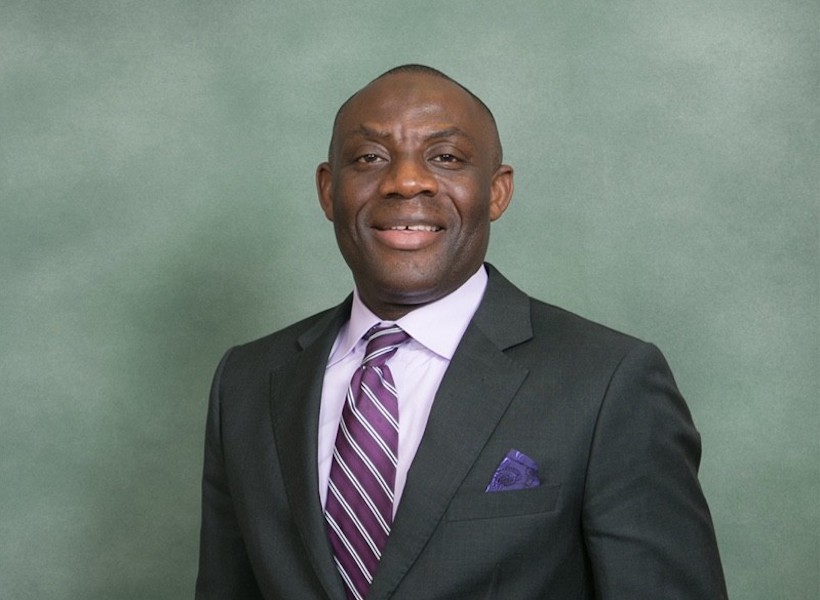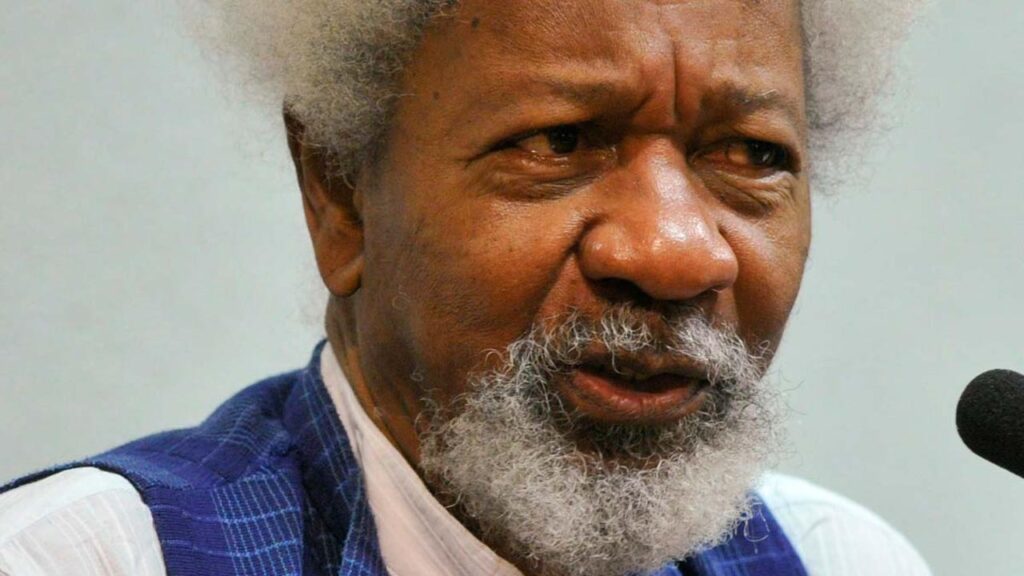
Despite the tremendous achievement recorded in the HIV response in the country over the past four decades, stigma and discrimination remain significant barriers to achieving the goals of ending HIV as a public health threat by 2030.
According to the United Nations Programme on HIV/AIDS (UNAIDS), for Nigeria to achieve epidemic control, government and partners must work harder to reduce new infections in adolescents and young people, reduce mother-to-child transmission, which is still a challenge and ensure no one is left behind in providing access to HIV services across the country.
Considering the critical role of youths in HIV prevention, the National Agency for the Control of AIDS (NACA), in collaboration with the US President’s Emergency Plan for AIDS Relief (PEPFAR), brought together over 200 Nigerian youths to deliberate on how the country can optimise HIV prevention approaches and promote inclusivity in its response.
Speaking at the conference, Minister of State for Health, Dr Tunji Alausa, said government will facilitate an AIDS-free generation, where no child will be born with HIV.
Alausa noted that the theme ‘Accelerating HIV Prevention to End AIDS through Innovations and Community Engagement” is apt as it focuses on ending HIV/AIDS and stresses the need for the involvement of stakeholders in the fight to eradicate the disease through prevention.
He said: “It is true that prevention is better than cure, but currently we are yet to get a cure for HIV. This emphasises the need to accelerate prevention of new infections, especially among vulnerable populations and youths in general.”
The minister observed that President Bola Tinubu ‘s vision is that every Nigerian should have access to health services irrespective of their HIV status as a means to eliminate poverty and strengthen healthcare.
According to him, “The vision of the Health renewal project is to produce health and reduce pains sustainable for all Nigerians. These goals are formed on four main pillars: effective governance, efficient & equitable quality health system, unlocking the health value chain and health security.
“This vision changes how government provides health for its citizens across the country.”
I call on all to join hands with us as we make this vision a reality for the benefit of all Nigerians.”
Alausa observed that the conference provides an opportunity to discuss different prevention strategies for HIV in the country with the intent of assessing their effectiveness, sharing global prevention practices and domesticating them to suit our socio-cultural environment.
The minister commended development partners for their interventions and support in ensuring that Nigeria achieves the 95-95-95 target by 2030, as well as sustainable development goals. “We can only win this war against this virus when we work together to accelerate HIV prevention among everyone and those infected by HIV on treatment across the country,” he said.
Also speaking, the Chairman of the House of Representatives Committee on HIV/AIDS, Tuberculosis and Malaria Control, Amobi Ogah, said that about $8 billion is required yearly to sustain the fight against HIV/AIDS in the country.
He noted that Nigeria can’t continue to depend on foreign aid for HIV response but needs to mobilise domestic funding and take ownership of the HIV response.
Ogar observed that Nigeria has an estimated 19.9 million people living with HIV /AIDS, while the target to eliminate mother-to-child transmission of HIV/AIDS by 2030 is still far from being achieved with about 22, 000 cases of mother-to-child transmission of HIV being recorded every year in the country.
He stressed the need to evaluate approaches towards achieving HIV epidemic control, and promote an equitable and inclusive human rights-based approach to HIV prevention.
He said: “For NACA to achieve her mandate, we must all ensure the increase of domestic funding, strengthening HIV interventions, mobilising community members for gender equality, social norms and gender equality in the optic of HIV prevention, treatment, and care service.”
The lawmaker called on NACA to increase the number of HIV treatment centres, which is presently 100 to at least 300 centres before the end of 2024.
“To stem the tide and sustain the fight to end HIV through AIDS as a public health threat, funding is critical,” he noted.
He said that the committee will continue to advocate for an increase in funding to the sector, provide legislation that will promote comprehensive healthcare, support research, ensure access to quality treatment and strengthen partnerships crucial to the collective success.
“We will double up our oversight functions to ensure that funds budgeted for HIV/AIDS responses are used for the purpose for which they are meant.
“The National Assembly, as a representative of our communities and people will continue to provide strong leadership that will engender robust collaborations and partnerships with relevant stakeholders and to achieve the focus set goal that HIV AIDS is no longer a public health threat in Nigeria by 2030,” he added.
NACA Director General, Dr Temitope Ilori, noted that stigma and discrimination remain significant barriers to achieving the goal of ending HIV as a public health threat by 2030.
She emphasised the need to educate and sensitise people about the harmful effects of stigma and discrimination against individuals living with HIV/AIDS.
Ilori said that the theme for the conference underscores the importance of community involvement in shaping effective prevention strategies while ensuring access to treatment for those living with HIV/AIDS.
The NACA boss observed that despite the achievements made in the fight against the disease, the work is far from over hence, the need to redouble efforts to prevent mother-to-child transmission of HIV and strive for an AIDS-free generation by 2030, leveraging the advancements in health technology at our disposal.
She said: “Prevention lies at the core of our public health interventions. Therefore, this conference serves as a platform to explore innovative approaches to empower communities, particularly those at higher risk, with the knowledge and tools to protect themselves from HIV infection.
“Our strategies must be inclusive, person-centred, and sensitive to the needs of adolescents, young people, key populations, and people living with HIV/AIDS. We must also focus on community-based interventions while promoting local ownership and sustainability of our response efforts.”
Also speaking, the UNAIDS Country Director, Dr Leo Zekeng, said reducing new HIV infections is possible because the country has the tools. “Everyone must be involved. We need to find out how much is budgeted for prevention in states, and political commitment. Investment in condoms has reduced, and data remains a challenge. This is the time to invest in primary prevention and chart a new course on reducing new infections in Nigeria,” Zekeng said.
On his part, the National Coordinator of the Network of People Living with HIV/AIDS in Nigeria, Abdulkadir Ibrahim, who kicked against the proposed merger of NACA with the Nigeria Centre for Disease Control and Prevention (NCDC), said that the NCDC cannot manage the HIV/AIDS epidemic in the country.
Ibrahim, who argued that NCDC has not been visible in the HIV response in the country, observed that allowing the agency to manage the HIV epidemic will be a setback.













